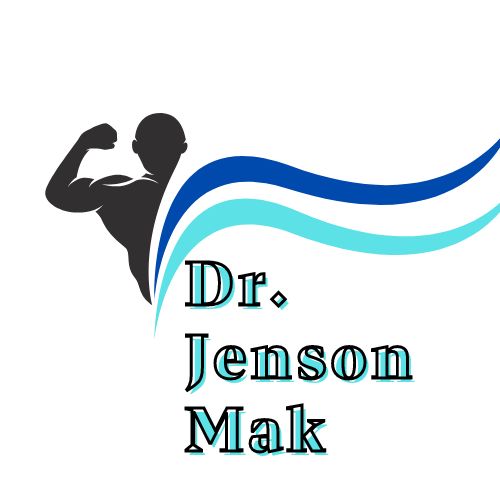The allure of eternal youth is timeless, with the market for anti-aging products booming. From creams and serums to supplements and treatments, consumers are bombarded with promises of wrinkle-free skin, radiant complexions, and the chance to turn back the clock. But are these anti-aging products truly as effective as they claim, or is it all just marketing hype?
The Science Behind Anti-Aging Products
Active ingredients like retinoids, hyaluronic acid, antioxidants, and peptides are at the core of most anti-aging products. Retinoids, derived from Vitamin A, are one of the few scientifically proven ingredients that can reduce wrinkles and improve skin texture. They promote cell turnover and collagen production, vital to maintaining youthful skin. Hyaluronic acid, a naturally occurring substance in the body, helps to retain moisture, giving the skin a plump and hydrated appearance. Antioxidants, such as vitamins C and E, protect the skin from free radicals, which can cause premature aging. Peptides, short chains of amino acids, stimulate collagen production and help to firm the skin.
While these ingredients have been shown to offer some benefits, it’s essential to manage expectations. The results are often subtle and gradual, requiring consistent use over months or even years. Additionally, the effectiveness of these products can vary greatly depending on factors like the concentration of active ingredients, the formulation of the product, and the individual’s skin type and condition.
Marketing vs. Reality
The beauty industry is notorious for making bold claims that often oversell the effectiveness of its products. Terms like “miracle cream” or “fountain of youth” are standard in advertising, leading consumers to believe these products can deliver dramatic results. However, no cream or serum can completely halt the aging process. Aging is a natural part of life, and while certain products can help to minimize the signs, they cannot entirely prevent them.
Furthermore, many anti-aging products are marketed based on their ability to target specific concerns, such as dark spots, fine lines, or sagging skin. While they may provide some improvement, the changes are often modest and temporary. Dermatological treatments like laser therapy, chemical peels, or injectables may be necessary for more significant and long-lasting results.
The Importance of a Holistic Approach
While anti-aging products can contribute to a skincare routine, they should not be relied upon as the sole solution. A holistic approach to skin health, which includes a balanced diet, regular exercise, sun protection, and a good skincare regimen, is essential for maintaining youthful skin.
In conclusion, while anti-aging products can offer some benefits, they are not the miracle solutions many marketing campaigns make them out to be. The key is to have realistic expectations, choose products with proven ingredients, and incorporate them into a broader skincare and wellness routine. Aging gracefully is more than skincare; it’s about embracing a healthy lifestyle and feeling confident in your skin.

